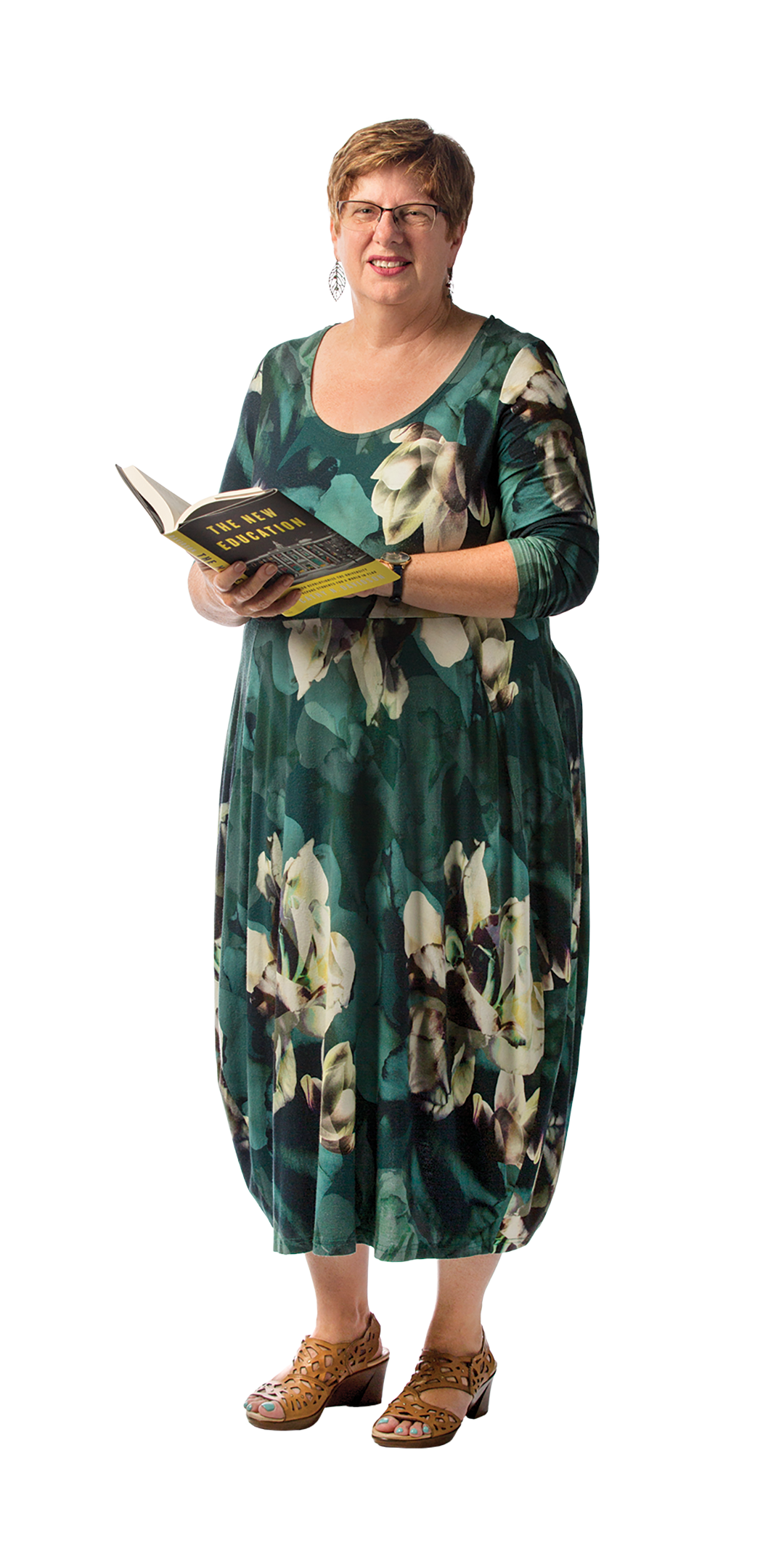
How are libraries continuing to change in the digital age?
It used to be, when students headed to their university library to write a paper, they tried to scrounge together as much authoritative information as possible from the materials on hand.
Now, it's more of a needle-in-a-haystack situation: Of the limitless information available, which pieces are the most authoritative?
That's one of the major ways Diane Bruxvoort, dean of libraries, has seen libraries change in the 35 years since she began her career -- and she doesn't anticipate the transformation will slow any time soon. "The world I went to library school for doesn't exist anymore," she says.
Are we headed toward bookless libraries?
- The global library cooperative OCLC did a study that found libraries are walking away from books at their peril. Books are our brand -- we have one of the strongest brands in the world, and we need to be very careful about completely walking away from it.
How can libraries meet the needs of Gen Z?
- This generation is not going to come in to take classes on how to do searches. They've been searching all their lives -- they absolutely believe they know what they need to do. So we need to make sure our services are where they're going to find them when they need them. If students are doing searches and not getting what they want, where on the website can we have a link that tells them, "You're not getting what you want because you didn't limit your search terms"? Or where can we add a button that helps them cite the article properly?
What are some major changes you expect to see in the next decade?
- I expect even fewer desktops and laptops, and more phones. All of our services must be phone-compatible.
- Print collections will likely become more consolidated, perhaps in a huge collection within every region we can all pull from.
- Faculty will create their own eTextbooks. We already have a pilot project we're rolling out to help our faculty create and publish open-access eTextbooks through our resources, the UNT Press and our library imprint. -- Erin Cristales